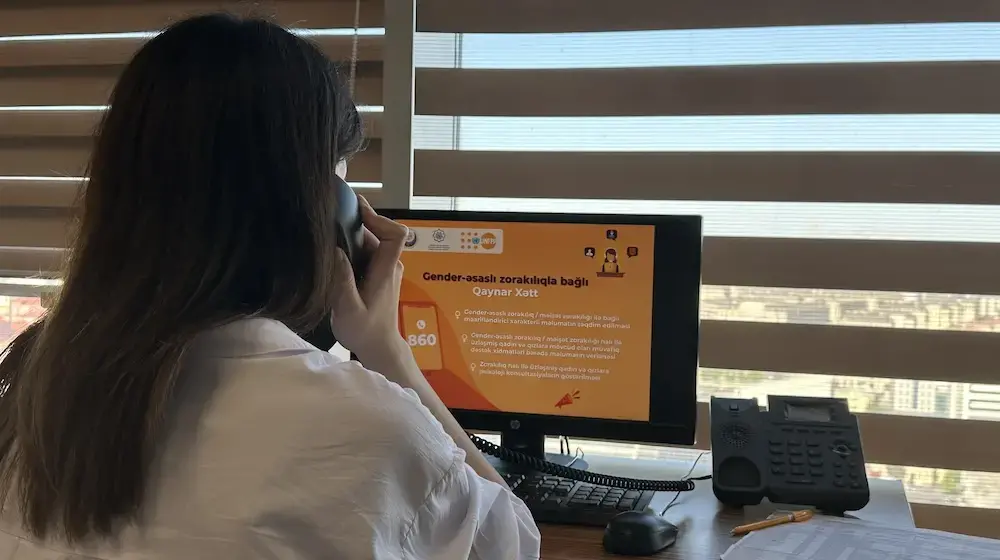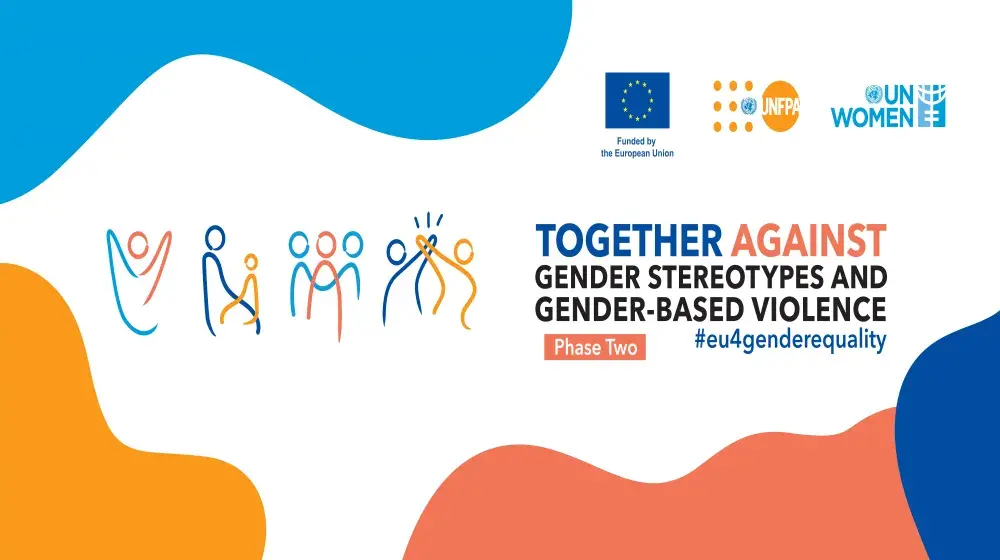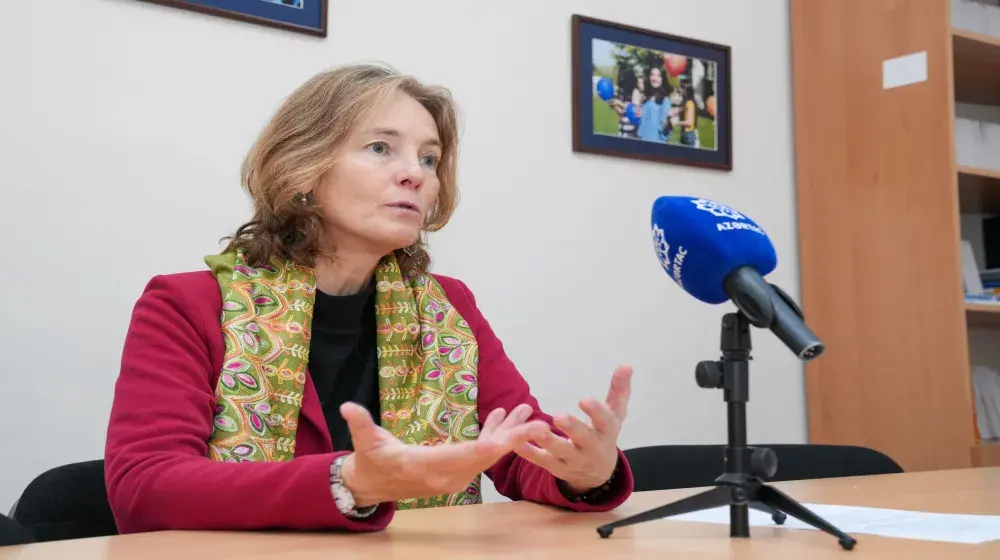“We systematically engage with state parties during an examination of country reports and encourage them to have consultations with NGOs to elaborate the report. But the collaboration among state parties and NGOs shouldn’t be limited to the Convention on the Elimination of All Forms of Discrimination against Women (CEDAW) reports only,” said the CEDAW Committee member Ms Pramila Patten opening discussions about the establishment of the inter-agency coordinating council between UNFPA and local women rights’ NGOs.
Ms Pramila Patten has been serving as the member of CEDAW Committee since 2003. She has provided technical assistance to several States Parties to CEDAW including Albania, Iraq, Pakistan, Afghanistan, Haiti, Timor-Leste, Ukraine, Belarus, Azerbaijan, Turkmenistan, Kazakhstan, Turkey, India, Bangladesh, Philippines, Vietnam, Indonesia. In July 2014, Ms Patten was appointed by UN Women on a High-Level Expert Advisory Panel on the monitoring of the implementation of Security Council Resolution 1325.
“We see positive attitude of the state bodies towards the establishment of an inter-agency coordinating body as recommended in the most recent Concluding Observations of 2015 CEDAW Convention. This body is supposed to engage civil society and government representatives and catalyze coordinated action for combating gender-based violence in Azerbaijan thus also filling the gaps in the law implementation” added Ms Pramila Patten.
Collaboration to intensify the efforts
UNFPA believes that effective implementation of the “Law of the Republic of Azerbaijan on Prevention of Domestic Violence” including inter alia through joint and coordinated efforts of all concerned agencies would be possible with the establishment of the inter-agency coordination mechanism on GBV prevention and response, with particular emphasis on the ministries responsible for gender-related issues, to ensure a consistent approach throughout all programmes held.
USAID funded project “Combating Gender Based Violence in Azerbaijan” intends to accelerate the activity for development of a national coordination mechanism by facilitation of partnership between all involved stakeholders including the ministries of defense, interior (and any other security institutions), health, education, social protection, the State Committee on Family, Women and Children’s Affairs and other ministries and bodies working on the issue.
“Inter-ministerial coordination is essential to ensure a clear division of roles and responsibilities and identify areas for collaboration in the implementation of national strategies and plans to address violence against women,” said Ms Khalisa Shahverdiyeva, UNFPA “Combating Gender Based Violence in Azerbaijan” project support officer.
“Since the start of our operation in 2009, our NGO managed only once to enlist law’s support and get protection order issued by the court. And indeed we were pioneers in receiving the protection order stipulated in the law. But unfortunately, we faced inefficiency of the protection order. Simply put, nobody knew how to implement the law and even the judge who issued the order had confessed that this protection order was ineffective and groundless. And despite the availability of the protection order woman was again brutally beaten by her husband in a public space. The batterer wasn’t prosecuted and it’s with regret that the existence of the protection order wasn’t considered as an aggravating circumstance,” head of “Temas” women rights NGO Ms Kubra Alakbarova explained during the discussion. “We have many challenges due to ineffective implementation of the law, ” added Ms Alakbarova.
“I see the initiative to establish inter-agency coordinating body as an opportunity to champion evidence-based interventions and lobby the amendment to the “Law on Prevention of Domestic Violence”,” Ms Mehriban Zeynalova, another women rights activist, said addressing her concern about the inappropriateness of the protection order issued by ExComs.
The Azerbaijani government took the first steps towards mapping a national policy on gender equality by signing the UN Convention on the Elimination of All Forms of Discrimination against Women (CEDAW) on the eve of the Fourth World Conference on Women in Beijing in 1995. In 2000, Azerbaijan acceded to the Optional Protocol of CEDAW, thus recognizing the competence of the Committee on the Elimination of Discrimination against Women (the body that monitors states’ compliance with the Convention) to receive and consider complaints from individuals or groups within its jurisdiction.




